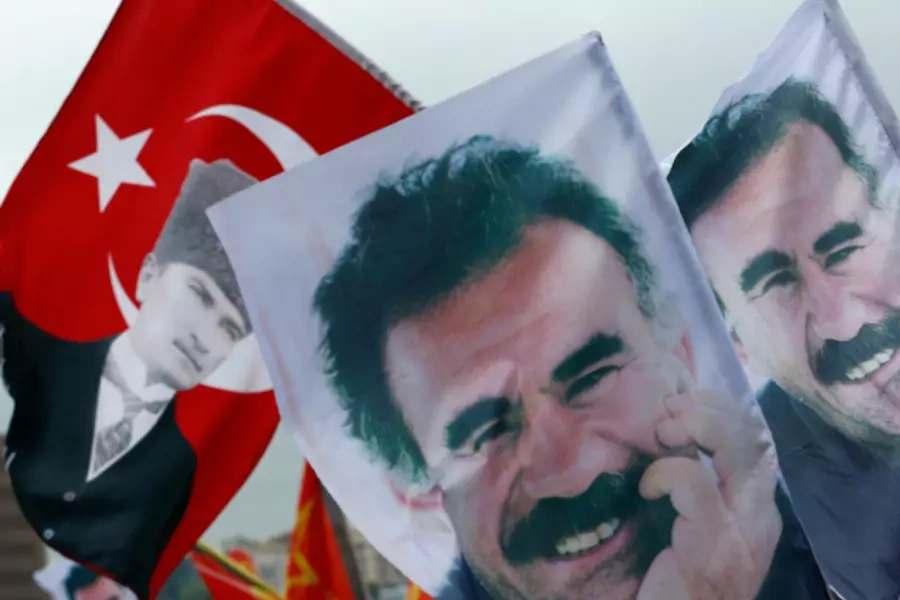"How Happy Is the One Who Says, I Am a Turk!"

This article originally appeared here on ForeignPolicy.com on Monday, March 28, 2016.
The war between the Turkish military and the Kurdistan Workers’ Party (PKK) is back, and it seems more ferocious than ever. Over the past six months, an estimated 500 civilians have been killed in fighting between Turkish security forces and the Kurdish insurgent group. In February and March, PKK suicide bombers struck at the heart of Turkey’s capital, killing a total of 67 people within steps of the prime ministry and in Ankara’s bustling Kizilay neighborhood. All the while, the Turkish military has laid siege to the towns of Cizre and Nusaybin, PKK strongholds in the southeast, razing apartment blocks and sending desperate civilians fleeing.
More on:
The intensification of fighting in the 30-year-old conflict may be explained by failed negotiations, electoral politics, the fragmentation of Syria, inter-Kurdish politics, and sheer stupidity. But the war, and the broader questions concerning the place for Kurds in Turkish society, was inevitable. That’s because this war is about competing notions of identity — a conflict between Turkishness and Kurdishness that could very well extend the bloodshed for 30 more years.
Turkey is never included among those states that observers often refer to as “artificial,” like Iraq, Syria, or Jordan, which were forged in the aftermath of World War I. It is, according to conventional accounts of the Middle East, “real,” like Egypt and Iran. But while Turkey may not owe its existence to colonial administrators in Paris and London, it was very much the product of someone’s imagination: Mustafa Kemal, known universally as Ataturk, or Father Turk.
Continue reading here...
More on:
 Online Store
Online Store